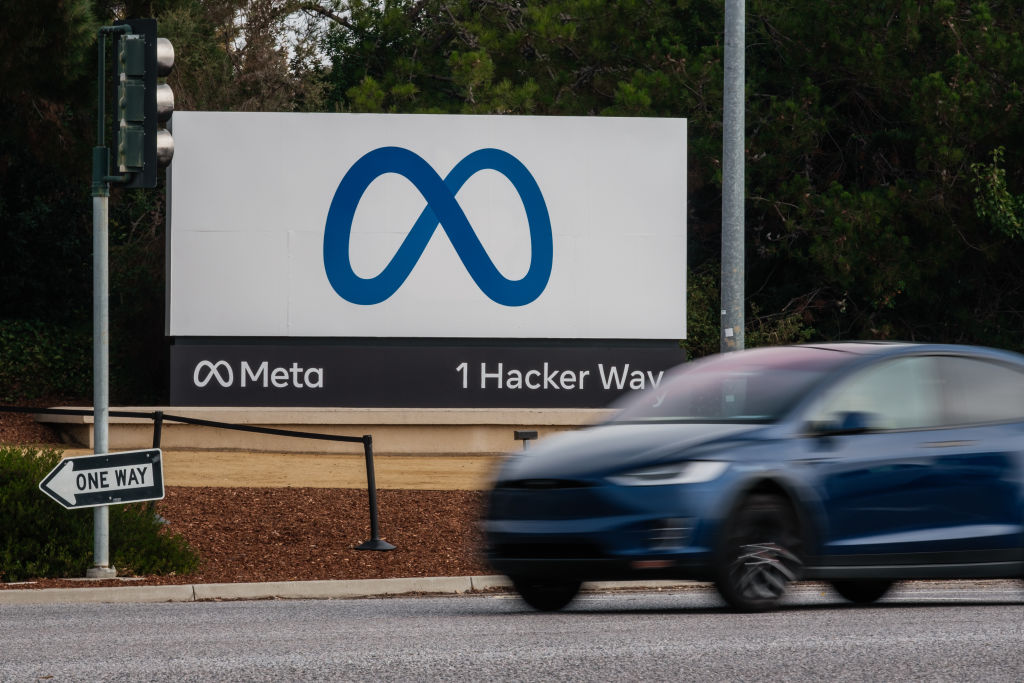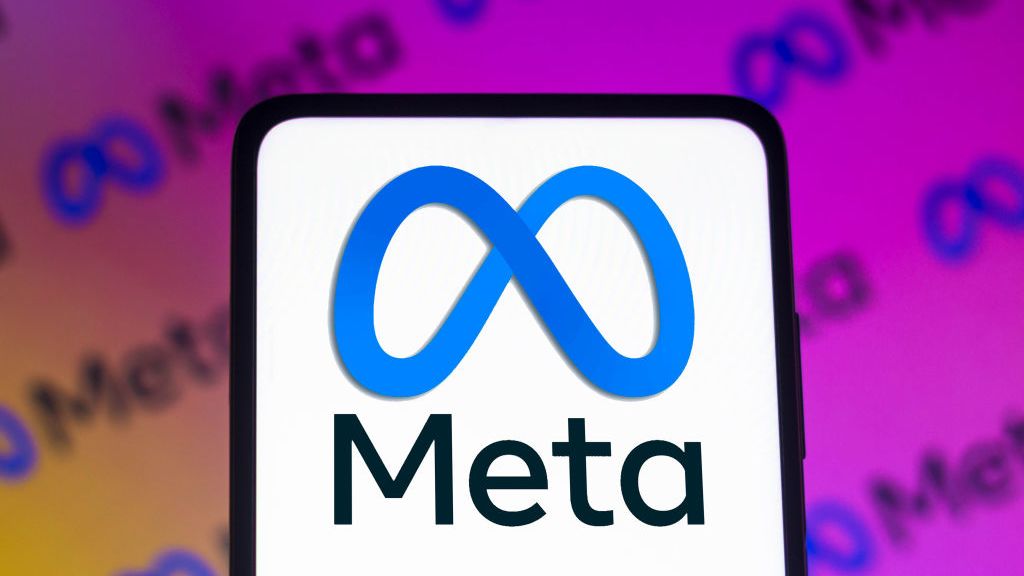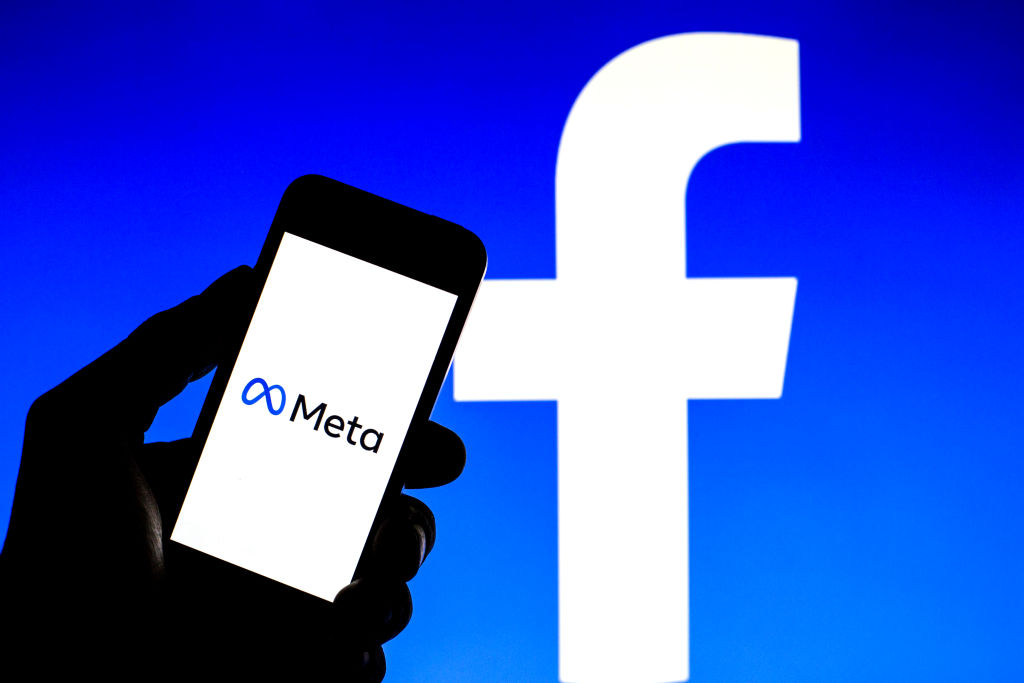Super smart social threats running wild
In one week, a very clever piece of social engineering is spotted, it emerges Facebook phishing is rising and thousands of Twitter users are hacked. Just what's going on?


ANALYSIS A number of developments this week have not only confirmed scams on social sites are massively widespread, they've established the cyber criminals behind them are getting awfully clever.
As almost every security expert under the sun predicted towards the end of last year, social networks are getting cluttered with scammers looking to make an easy buck.
Trojan.FakeAV.LVT takes social engineering to a whole new level by presenting the user with extremely convincing scenarios at each stage of the process.
Those experts may not have banked on such sophistication, however. Today, BitDefender released info on what may be the smartest piece of social engineering seen yet.
It leverages two Web 2.0 services YouTube and Facebook to trick users into downloading malware.
Known as Trojan.FakeAV.LVT, it attempts to trick Facebook users into believing a video about them has been posted on YouTube.
Simple, no? But here's where the cyber criminals get cunning, as they've managed to add comments to supplement the video which appear to be from the target's Facebook buddies.
Get the ITPro daily newsletter
Sign up today and you will receive a free copy of our Future Focus 2025 report - the leading guidance on AI, cybersecurity and other IT challenges as per 700+ senior executives
The video itself even has the target's full name in the title, as spelt on their Facebook profile.
Once the target tries to watch the video, they are prompted to install what is purportedly an updated version' of Flash. Of course, the download contains nothing of the sort it carries fake anti-virus software containing both a malware downloader and botnet capabilities to further the propagation of the threat.
The criminals' guile doesn't stop there. The fake anti-virus can impersonate the look and feel of 16 different legitimate security solutions currently on the market. Once installed the fake AV removes the real product and the victim is infected. Cunning stuff.
"Trojan.FakeAV.LVT takes social engineering to a whole new level by presenting the user with extremely convincing scenarios at each stage of the process," said Catalin Cosoi, head of the BitDefender Online Threats Lab.
"Trojan.FakeAV.LVT is deceptively clever as it is capable of replicating almost any anti-virus or online security software on the market today. To guard against these cunning new threats, BitDefender recommends downloading Flash-related updates through the Adobe website, instead of through a redirect link. If you're unsure whether the video is legitimate, it's best to go directly to YouTube and search for the video's existence."
Facebook phishing frenzy and terrible tweets
Malicious hackers have been filling Facebook with their illicit ideas as well.
There was a significant rise in phishing attacks on Facebook in June, with a 4.07 per cent increase, Kaspersky pointed out this week. Facebook is now the third most phished website.
Twitter, meanwhile, has seen thousands of users compromised, with hackers trying to spread the word about a weight loss supplement. The old Acai Berry diet scam is still doing the rounds, it seems, with typical tweets reading: "Get the beach body you've always wanted, now you can with this weight loss supplement."
Sophos said it was unclear how the accounts had actually been compromised, but nonetheless advised affected users to change their passwords immediately.
Google+ looks set to be yet another playground for hackers too.
"We expect an increase in unsolicited emails exploiting the new Google social network," said Maria Namestnikova, senior spam analyst at Kaspersky Lab.
"They will most likely contain both phishing links and malicious code."
If cyber criminals continue to get ever more convincing in their scams, as in the YouTube fake AV exploit above, a lot of users could be in trouble.
How should users counter these threats? The only real answer at the minute is to have decent levels of security, not just rely on heuristics-based anti-virus products, and to be aware of the kinds of tricks online crooks are capable of. There's little else that can help.
Tom Brewster is currently an associate editor at Forbes and an award-winning journalist who covers cyber security, surveillance, and privacy. Starting his career at ITPro as a staff writer and working up to a senior staff writer role, Tom has been covering the tech industry for more than ten years and is considered one of the leading journalists in his specialism.
He is a proud alum of the University of Sheffield where he secured an undergraduate degree in English Literature before undertaking a certification from General Assembly in web development.
-
 Bigger salaries, more burnout: Is the CISO role in crisis?
Bigger salaries, more burnout: Is the CISO role in crisis?In-depth CISOs are more stressed than ever before – but why is this and what can be done?
By Kate O'Flaherty Published
-
 Cheap cyber crime kits can be bought on the dark web for less than $25
Cheap cyber crime kits can be bought on the dark web for less than $25News Research from NordVPN shows phishing kits are now widely available on the dark web and via messaging apps like Telegram, and are often selling for less than $25.
By Emma Woollacott Published
-
 Latest Meta GDPR fine brings 12-month total to more than €1 billion
Latest Meta GDPR fine brings 12-month total to more than €1 billionNews Meta was issued with two hefty GDPR fines for “forcing” users to consent to data processing
By Ross Kelly Published
-
 "Unacceptable" data scraping lands Meta a £228m data protection fine
"Unacceptable" data scraping lands Meta a £228m data protection fineNews The much-awaited decision follows the scraping of half a billion users' data and received unanimous approval from EU regulators
By Rory Bathgate Published
-
 Meta notifies around 1 million Facebook users of potential compromise through malicious apps
Meta notifies around 1 million Facebook users of potential compromise through malicious appsNews The vast majority of apps targeting iOS users appeared to be genuine apps for managing business functions such as advertising and analytics
By Connor Jones Published
-
 Twitter API keys found leaked in over 3,200 apps, raising concerns for linked accounts
Twitter API keys found leaked in over 3,200 apps, raising concerns for linked accountsNews Business and verified Twitter accounts linked to affected apps are at risk of takeover, use in malicious campaigns
By Rory Bathgate Published
-
 Facebook business accounts hijacked by infostealer malware campaign
Facebook business accounts hijacked by infostealer malware campaignNews Threat actors are using LinkedIn phishing to seize business, ad accounts for financial gain
By Rory Bathgate Published
-
 Meta begins encrypting Facebook URLs, nullifying tracking countermeasures
Meta begins encrypting Facebook URLs, nullifying tracking countermeasuresNews The move has made URL stripping impossible but will improve analytics
By Rory Bathgate Published
-
 Meta hit with €17 million fine over multiple GDPR breaches
Meta hit with €17 million fine over multiple GDPR breachesNews The social media giant set aside over €1 billion in November to help it cope with potential fines arising from data protection investigations
By Zach Marzouk Published
-
 Meta says Apple's iOS privacy changes will cost it $10 billion in 2022
Meta says Apple's iOS privacy changes will cost it $10 billion in 2022News The company's CFO suggests Google "faces a different set of restrictions" because it pays Apple to remain the default iOS search engine
By Bobby Hellard Published